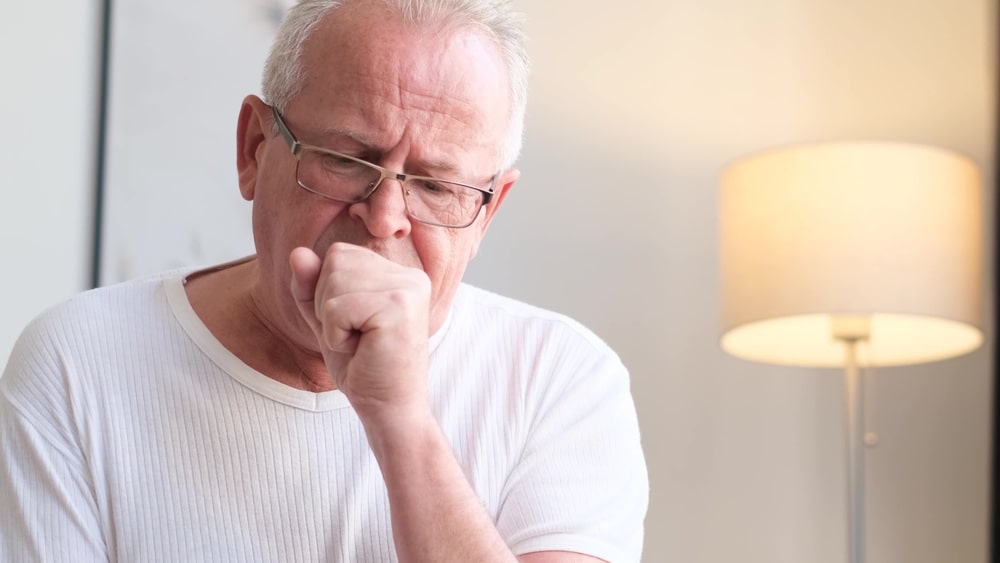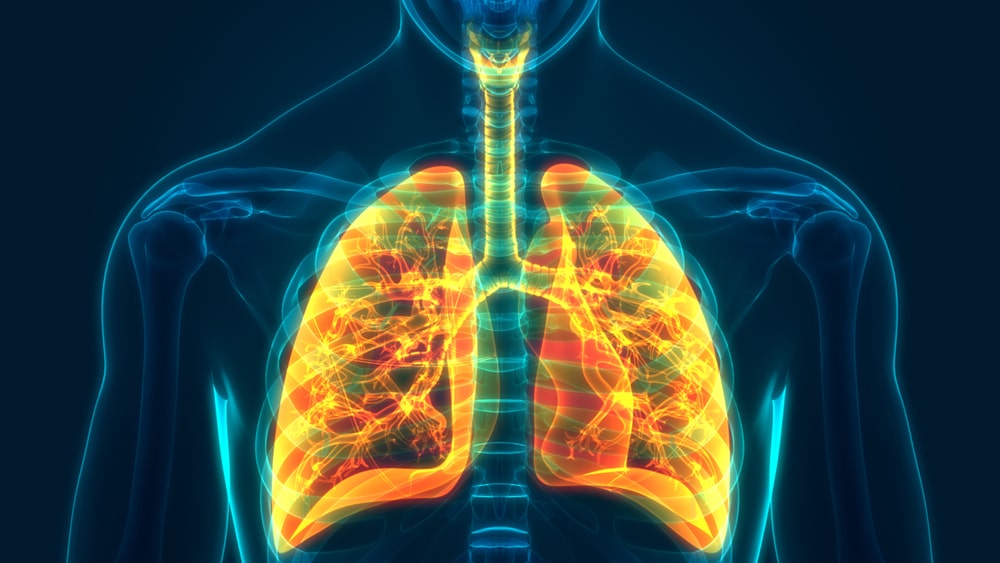Discover the truth about these common COPD myths!
At this point, COPD affects approximately 16 million adults in the United States, and of those over 65 years old, 10% of the total are affected by this disease. But even if this is a rather common condition, there are still lots of COPD myths, and you should be aware of them and not let them influence your life.
COPD, also known as chronic obstructive pulmonary disease, is an umbrella term that covers various health conditions that make it harder for the air to enter your lungs. Some of these conditions include emphysema and bronchitis. Many times, those who suffer from COPD are affected by both emphysema and bronchitis.
The key symptoms of COPD are fatigue, difficulty breathing, coughing, shortness of breath, wheezing, excess mucus or phlegm, and chest tightness. These are some debilitating symptoms, and this is why it is so important to be informed and always stay in touch with your doctor.
Read on and discover the biggest COPD myths that are not supported by the latest research. Get all the facts now!

1. COPD mostly affects men
Fact: The studies and reports show that there are actually more women than men who are living at this moment with COPD in the United States.
For the longest time, people believed that this was a condition that mostly affected men. It was known as a man’s disease, and that was all about it. But the latest report shows us that this is one of the biggest COPD myths.
In the last decades, since 2000, more women have been affected by this condition, and more women have also died from it. This is what the numbers are saying.
One of the major factors that triggers this disease is exposure to various pollutants and tobacco smoke. What is interesting, though, is that women are more affected by this than men, and they tend to experience more severe effects.
2. Anyone who has COPD needs supplemental oxygen
Fact: This is a complex condition, and there are various treatment plans that are tailored for any individual. Not all of them need extra oxygen.
This is another one of the COPD myths, and if there is a chance you have this condition, you should know that not all who suffer from it also need supplemental oxygen. Generally, those who need it will get it administered through an oxygen cannula, face mask, or nasal prongs.
The factor that determines whether you need oxygen therapy or not is the level of oxygen in your blood. If you have severe resting hypoxemia, this is an emergency, and oxygen therapy is essential.
A recent report from the Global Initiative for Chronic Obstructive Lung Disease says that supplemental oxygen makes a big difference in the survival rates of those who suffer from severe resting hypoxemia and chronic respiratory failure.
On the other hand, for those who are not struggling with these two conditions and have more mild cases, oxygen therapy doesn’t have any effect at all. This means there is no need for supplemental oxygen therapy if you don’t have severe resting hypoxemia.
Not so many people need extra oxygen, and this is just one of the COPD myths that many still believe.
3. Only those who smoke will develop COPD
Fact: It is true that smoking is one of the main factors that trigger COPD, but there are many non-smokers who have this illness.
This is one of the COPD myths, and because of this, you should be aware of the rest of the causes of this condition, as there are a few. Respiratory infections, past smoking, exposure to secondhand smoke or air pollutants, and some genetic mutations—all of them are risk factors for COPD, and this is the simplest explanation for why there are people who don’t smoke and still have COPD.
A recent study from 2023 discovered that those who prefer to vape or use e-cigarettes are not safe. These smoking devices also increase the risks, and we would also like to mention that in order to get COPD, you don’t need to have all the risk factors. Only one is enough.
4. Your diet has no beneficial effect when treating COPD
Fact: Yes, dietary changes won’t cure it, but healthy eating habits can help you feel better.
As with any other chronic disease, you will need to change your diet when you are starting a COPD treatment. The first reason to make these changes is that you need more energy. Breathing with COPD is not easy and will take up more energy. This is why you need more calories than someone who is not suffering from this condition.
Some of the symptoms of COPD, mainly fatigue and shortness of breath, will make your daily tasks a real struggle, and at the beginning, you might find it hard to eat sufficient nutritious food and also prepare it.
Diet has a major impact on how you feel, and the belief that changing your diet will not help you at all is just another one of the COPD myths. If you feel like you are not able to eat enough nutrient-rich food, the first thing you should do is let your doctor know about it. They may advise you to adjust your calorie intake or eating routine, or they may send you to a qualified dietician for help.

5. COPD is rare
Fact: 2022 statistics from the Centers for Disease Control and Prevention (CDC) show that just in the United States, more than 6% of adults have a diagnosis of COPD.
Among all COPD myths, this might be the most popular one. Most people think that this condition is rare, and because of this, they might also believe it is not that serious. Many people find it hard to believe that they can also develop COPD.
But the reality is different, there are millions of adults in this county who have this disease, and they need to battle this condition every day. Awareness is important, and it can help doctors learn more about the disease.
Even more, it is not uncommon for people to not realize that they have symptoms, and as a result, they don’t go to the doctor. This creates delays in obtaining a diagnosis, and it could mean that there are many who are living with the condition but aren’t aware of it yet.
In conclusion, we want to say that anyone can be affected by COPD, no matter their race, age, gender, or ethnicity. It is true that smoking history is a big factor, but there are lots of non-smokers who still have this disease. Since the symptoms can be sneaky in the early stages of the illness, there are many people who don’t know they have it, which is why they never go to the doctor to get a proper diagnosis.
These are the most common COPD myths anyone should know about, and the best thing you can do if you suspect you have them is to consult a specialist. This is the safest choice, and in this way, you can make sure you get the treatment that you need.
If you want to learn more about what foods can help with COPD, this book might help you: COPD DIET FOR BEGINNERS: Complete Dietary Guide to Understanding, Managing and Living with COPD
You should also read: 9 Simple Reasons Your Short-Term Memory Is Getting Worse According to Doctors













